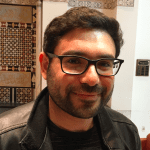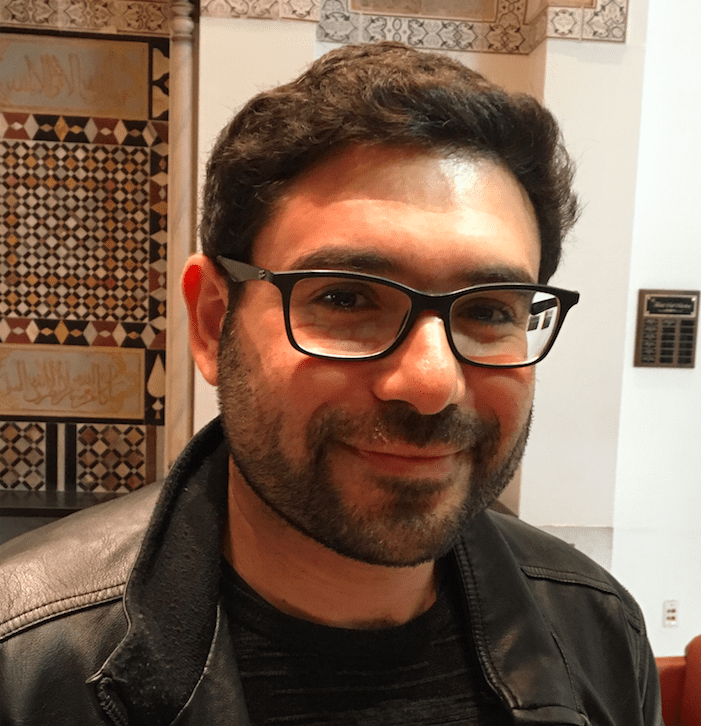
The ceasefire in Gaza remains fragile as Israeli calls to resume the genocidal assault persist. Even if it holds, Gaza faces a new phase of uncertainty. In addition to killing tens of thousands of Palestinians over the last year and a half, Israel has destroyed much of Gaza in a deliberate attempt to render the land uninhabitable and “thin out” the population. Meanwhile, President Donald Trump continues to breathe life into Israel’s ethnic cleansing fantasies with repeated threats of a US takeover and transformation of Gaza into a luxury beachfront metropolis. Despite the threats, Palestinians in Gaza remain steadfast in their commitment to stay and rebuild their land.
What will it take to reconstruct Gaza, both physically and politically? What role will external actors play in facilitating or obstructing this effort? Can meaningful reconstruction happen under continued siege and occupation? In this policy lab, Dena Qaddumi and Jehad Abusalim join host Tariq Kenney-Shawa to discuss what the ceasefire in Gaza means for Palestinians and the state of the physical and political landscape that determines what comes next.












